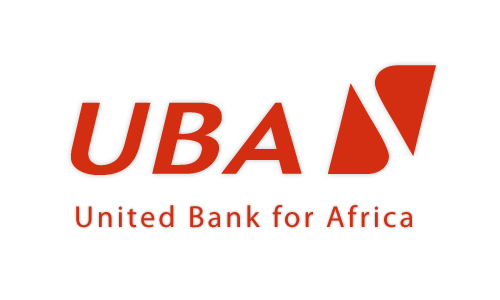The Group Managing Director/Chief Executive Officer, United Bank for Africa (UBA) Plc, Oliver Alawuba, alongside the Chief Justice of Nigeria, Hon. Justice Kudirat. Kekere-Ekun, and other key stakeholders in the financial and judicial sectors, have called for stronger collaboration in both sectors to drive sustainable economic development in Nigeria.
The stakeholders made this call during the 23rd National Seminar on Banking and Allied Matters for Judges, which was held at the National Judicial Institute (NJI), Abuja on Tuesday.
The two-day seminar with the theme “Justice and Finance in Partnership: Enabling Trust, Security and Nigeria’s Economic Growth and Development,” was jointly organised by the Chartered Institute of Bankers of Nigeria (CIBN) and the National Judicial Institute, and brought together eminent justices, judges, financial regulators, bank CEOs, legal scholars, and law enforcement leaders to explore solutions to pressing issues affecting the nation’s financial system and legal framework.
Alawuba who is also the Chairman of the Body of Bank CEOs, emphasised that a stable and efficient judiciary is critical for Nigeria’s economic transformation. He noted that the effectiveness of the financial system is largely dependent on a responsive and knowledgeable judiciary, particularly in resolving cases involving cybercrime, fraud, and enforcement of financial contracts.
“No economy can flourish without the enabling guardrails of justice. From credit systems to contract enforcement, the banking industry depends daily on the efficiency, fairness, and predictability of our judicial processes,” Alawuba stated.
He highlighted the rising burden of non-performing loans – now over N1.57 trillion – as a symptom of judicial inefficiencies and urged urgent reforms, including digitisation, capacity building, and the establishment of specialized financial courts. “Our partnership is not one of convenience, but of necessity. Without a strong, efficient judiciary, banks will struggle to extend credit with confidence,” he added.
In her opening address, the Honourable Chief Justice of Nigeria, Justice Kudirat. Kekere-Ekun, affirmed the critical role of the judiciary in promoting financial confidence and legal predictability. “Judicial predictability is not just a legal virtue – it is an economic asset. It enhances market efficiency, lowers risk premiums, and unlocks capital for infrastructure and business development,” she remarked.
Justice Kekere-Ekun called for continuous judicial education in emerging areas such as digital finance, cybercrime, and fintech innovation, noting that: “Our courts must possess the capacity to interpret complex transactions and assess novel financial arrangements within the framework of existing laws.”
In his remarks, President and Chairman of Council, CIBN, Prof. Pius Olanrewaju, emphasized the core theme of the seminar: “Trust is the lifeblood of banking, and security its bedrock. Every financial transaction, from deposits to loans, hinges on the assurance that rights will be upheld, obligations fulfilled, and injustices addressed.” He reiterated the role of the judiciary in sustaining the integrity of the banking system and catalyzing national growth.
In his welcome address, the Administrator of the National Judicial Institute, Hon. Justice Salisu Abdullahi, highlighted the judiciary’s critical function in driving investor confidence and economic stability, adding that: “A Judiciary that is both competent and fiercely independent doesn’t just resolve disputes; it actively underwrites economic growth. It creates the fertile ground where capital feels safe to land, innovation can flourish, and businesses can thrive.”
The seminar also emphasized alternative dispute resolution mechanisms, legal framework harmonization, and the role of timely adjudication in bolstering investor confidence.













